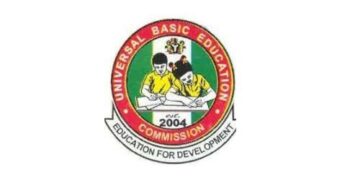The chief executive officer of Zion Study Centre, Toyin Larayetan, has blamed the poor results from the recently- concluded West African Examination Council (WAEC) examinations on the entrenched malpractices in schools.
He said the culture of cheating had fostered a lack of motivation among students to engage in their studies.
During his recent weekly broadcast titled “Echoes from Zion,” Toyin emphasised the urgent need for the federal government to establish an Edu-bank to address significant lapses in educational infrastructure across the nation.
According to him, such an initiative draws parallels to the existing Bank of Agriculture, which provides crucial financial support through grants and soft loans to enhance agricultural development.
He explained that an Edu-bank would similarly empower the private sector to be more active in driving progressive change within the educational landscape.
Toyin maintained that establishing an Edu-bank could facilitate the flow of resources into educational institutions, enabling them to function optimally. This, he suggested, might lead to improved facilities, better-trained educators, and ultimately, a more robust educational system capable of nurturing future generations.
“At Zion Study Centre, we take a strong stance against examination malpractice, which we believe is a significant factor contributing to the alarming failure rates observed in 2025. This issue not only undermines the integrity of the educational system but also hampers the potential of our youth.
“In light of these challenges, we are excited about the proposed Edu-Bank. This initiative is envisioned as more than just a financial institution; it aims to serve as a comprehensive support system that could fundamentally reshape the landscape of education funding and management in Nigeria. By offering tailored financial solutions, the Edu-Bank would enable schools and educational institutions to overcome the pressing infrastructural deficits that currently hinder effective teaching and learning.
“Moreover, the Edu-Bank would facilitate investments in modern educational resources, such as technology and training for educators, helping to create an environment conducive to learning. By addressing these critical gaps, we believe the Edu-Bank has the potential to significantly enhance the quality of education in Nigeria, paving the way for a more prosperous future for the country’s youth and contributing to the nation’s overall development,” he concluded.










